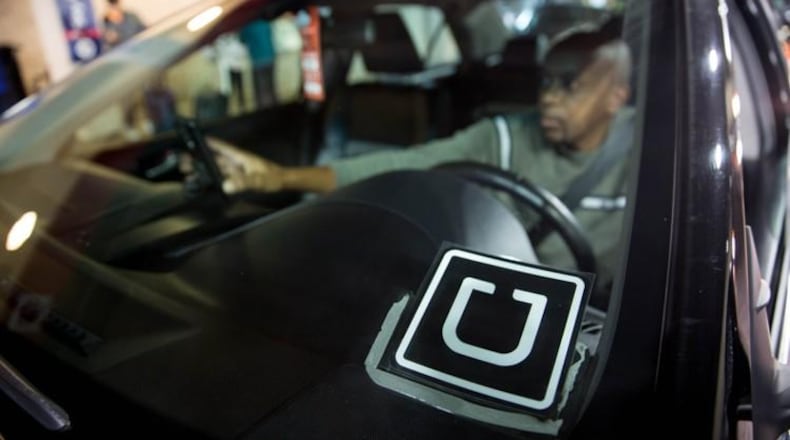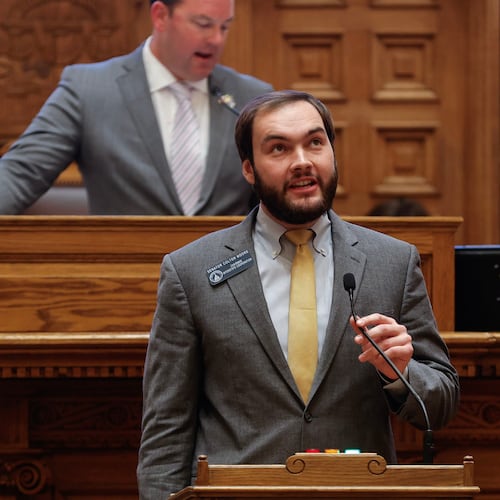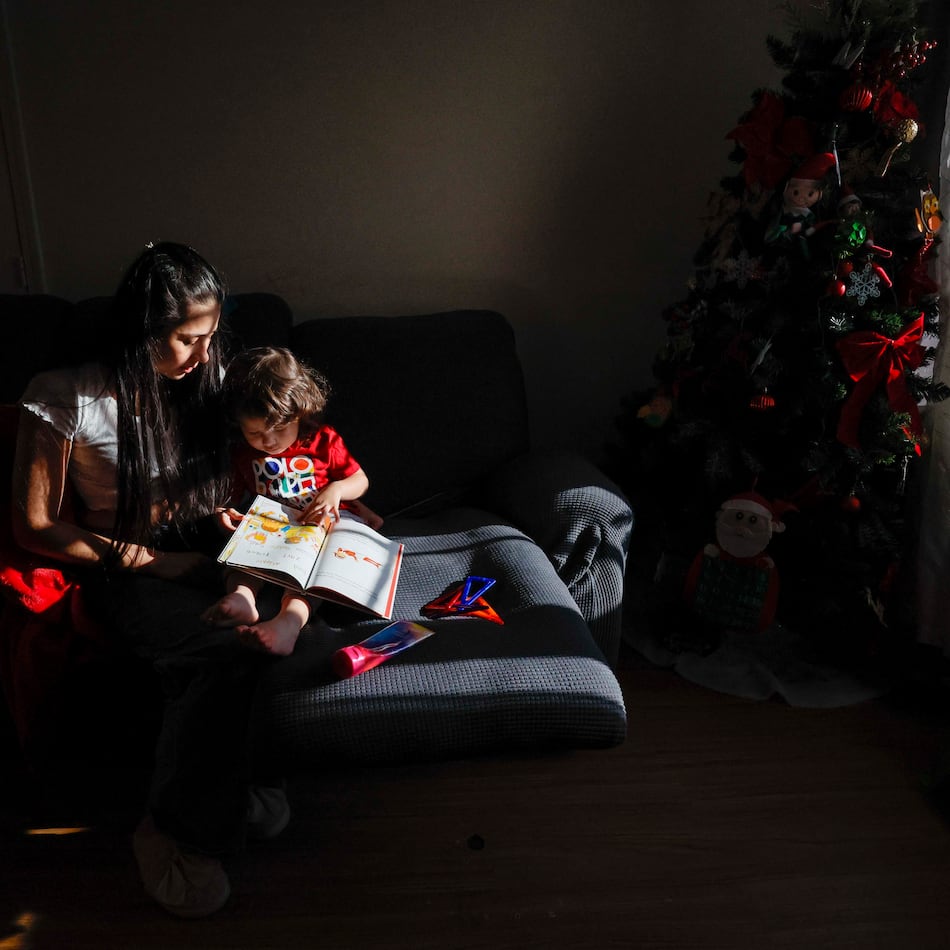The Georgia Senate Wednesday approved a 50-cent fee on Uber, Lyft, taxi and limo rides to replace sales taxes that ride-share company customers would be charged starting April 1.
The ride-share fee was attached to House Bill 105, which was filed to offer farmers a state income tax exemption on disaster relief aid. The measure passed the Senate 51-2.
The General Assembly passed and Gov. Brian Kemp signed into law House Bill 276 last month as a means to collect sales taxes from customers of internet-and app based businesses, including Uber and Lyft. Taxi and limo customers have long paid sales taxes.
Lawmakers said Uber and Lyft customers already owed sales taxes on their rides, but Uber is currently in a legal dispute over a $22 million sales tax bill the Department of Revenue sent the company.
Under the new version of HB 105, ride customers wouldn't pay sales taxes, but instead a fee of 50 cents per trip or 25 cents per pooled ride. The fees would go into effect April 1 if the measure is approved by the House and Senate and signed into law.
Customers in Atlanta would pay the highest sales taxes on Uber and Lyft rides in the country without HB 105, said Sen. Steve Gooch, R-Dahlonega, who was pushed the ride fee.
“We believe this is a fair compromise. Most states have no tax whatsoever,” he said.
Gooch said the fee could bring in about $40 million a year, although the state would also lose the potential sales tax revenue it currently collects or would collect as of April 1. Gooch said any extra money the state brings in would go to transportation projects.
Local governments, which now get sales tax money from taxi rides and would get some from Uber and Lyft under HB 276, could lose up to $26.5 million next year if the measure goes into effect because they won't get a share of the fee and would lose the sales tax revenue.
Lawmakers considered a fee on rides last session, with the money set to fund rural transit programs. But the legislation got caught up in legislative disputes on the last day of the session and never passed.
Lobbyists for ride-share companies had said after HB 276 passed in January that they'd push to replace the sales tax collections with a per-ride fee.
When the bill passed the Senate Finance Committee last week, Uber spokeswoman Evangeline George said, "If action is not taken by April 1, Georgians will end up paying one of the highest taxes in the country on ride-sharing -- making trips more expensive for students, seniors and commuters alike."
The Metro Atlanta Chamber backed the fee over the sales tax, as well.
The farmers tax exemption --the original purpose of the bill--remained in the legislation that the Senate approved Wednesday.
About the Author
Keep Reading
The Latest
Featured





